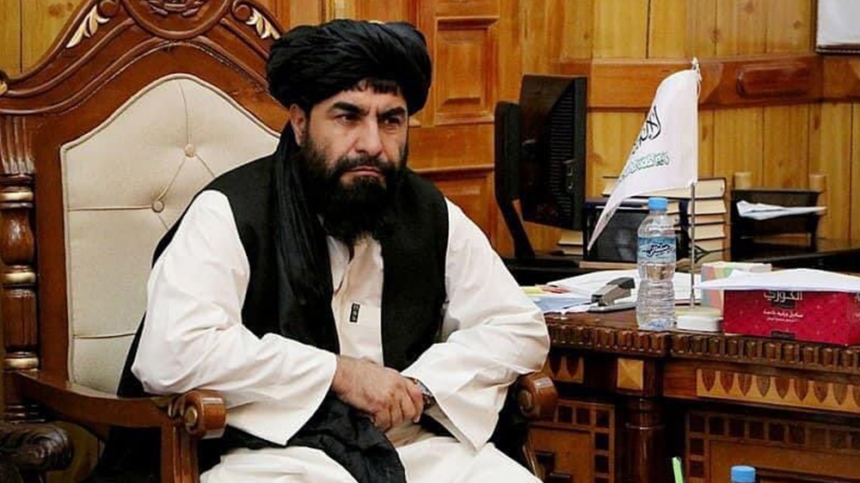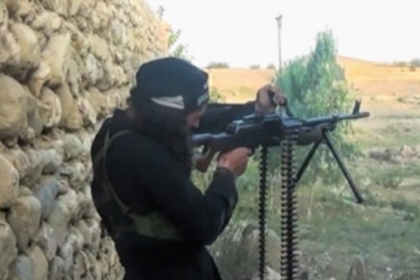RASC News Agency: While the Taliban’s Foreign Ministry strives relentlessly for political recognition and global legitimacy, the recent remarks of Taliban-appointed governor Yousuf Wafa in Balkh province reveal a contrasting narrative one that dismisses international approval as unnecessary and subordinate to ideological allegiance. Wafa stated publicly in a gathering of clerics that the Taliban does not require external validation or endorsement. He insisted that the paramount duty of the people is unwavering obedience to Supreme Leader Hibatullah Akhundzada, positioning religious loyalty as the bedrock of legitimacy.
This stance, however, starkly contradicts the regime’s overarching foreign policy. For the past four years, Taliban negotiators in Kabul have placed international recognition alongside access to frozen assets and diplomatic inclusion at the center of their diplomatic engagements. From conditional security cooperation to overtures toward global powers, they have consistently leveraged any diplomatic channel to advance this agenda. Russia’s willingness to engage, for instance, was met with enthusiasm by the Taliban and widely touted as a breakthrough in their global aspirations.
Yet Wafa’s declarations expose a critical fault line within the Taliban’s leadership a schism between pragmatists eyeing engagement and ideologues who reject any external influence. Leaders like Akhundzada and his inner circle perceive themselves not as accountable statesmen, but as guardians of a rigid, doctrinaire interpretation of Islamic law, with no place for modern political norms. This ideological purity has become a barrier to genuine diplomacy. Instead of embracing dialogue and compromise, the Taliban cling to exclusionary interpretations of governance where coercion trumps consensus and religious rigidity replaces pragmatic policymaking.
The tension between external aspirations and inward rejection only intensifies Afghanistan’s isolation. As acknowledgment from international donors and institutions remains elusive, the regime’s contradictions erode trust and perpetuate instability. The refusal to admit any need for international recognition while simultaneously pursuing it underscores a deeper political bankruptcy. Until this ideological tug-of-war is reconciled, Afghanistan will remain trapped in cycles of isolation, authoritarianism, and institutional decay.






